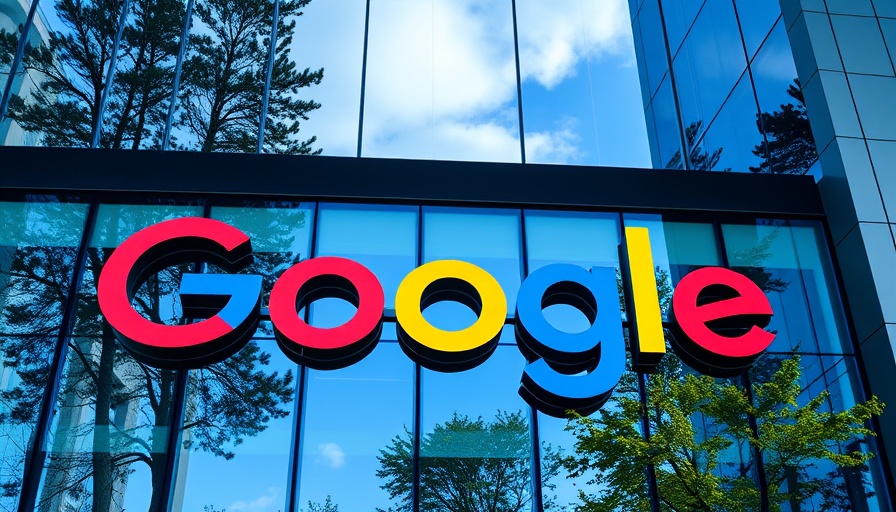
Understanding Google's Update on Gemini and Vertex AI
Google has taken a significant step forward in clarifying how its Gemini and Vertex AI platforms interact with publisher content through the recent update to the Google-Extended user agent documentation. This update is designed to enhance clarity for web publishers regarding how their data may be managed, particularly for training AI models and improving the relevance of AI-generated answers.
Key Changes in the Documentation
The revamped documentation offers a clearer understanding of the Google-Extended user agent. Now, it specifies that Google-Extended does not impact a site’s ranking in search results. This clarification will dispel misinformation around the assumption that allowing Google-Extended to access data could give sites a preferential ranking.
Previously, the wording around Google-Extended was vague, causing confusion among users. The updated text states, "Google-Extended does not impact a site’s inclusion in Google Search nor is it used as a ranking signal in Google Search.” This explicit declaration is vital for publishers who are concerned about how their content might be treated in web searches.
The Importance of Grounding in AI Responses
One major aspect of the Google-Extended update involves the concept of grounding, which refers to the practice of using web data alongside a knowledge base to enhance the factual accuracy and relevance of AI-generated content. By doing so, Google’s AI can avoid common pitfalls like hallucination, where the AI generates inaccurate or misleading information. In this sense, grounding allows for more reliable interfaces in AI applications.
What Google-Extended Does Not Control
Despite the enhancements brought by the updated documentation, it remains clear that Google-Extended is not a tool for managing how content appears in Google Search. Publishers should utilize tools like robots.txt and other controls to manage their content’s online visibility. This separation makes it crucial for web publishers to understand that Google-Extended should not be viewed as an overarching control method for search engine optimization.
Addressing Common Misconceptions
Given the misconceptions surrounding Google’s approach to AI and web content, it’s beneficial for publishers to grasp the boundaries of Google-Extended. The updated documentation clarifies that the user agent is aimed at managing whether their sites help improve Gemini and Vertex AI, rather than directly influencing a site's visibility in search results. Knowing this distinction allows publishers to make informed decisions about their content management without falsely expecting a boost in search rankings.
Future Updates and Implications for Publishers
As Google continues to refine its AI models and their interactions with web data, the implications for publishers will grow increasingly significant. Understanding these updates will empower content creators to navigate the complexity of AI technology effectively. Future updates to the Google-Extended documentation may provide even more precise guidelines and help demystify the use of AI in search engine operations.
In conclusion, the recent updates on Google-Extended enhance understanding for publishers regarding data management and clarify that it is not a ranking signal. As AI technology evolves, staying informed on these matters will be crucial for anyone involved in digital content creation.
 Add Row
Add Row  Add
Add 

 Add Row
Add Row  Add Element
Add Element 




Write A Comment